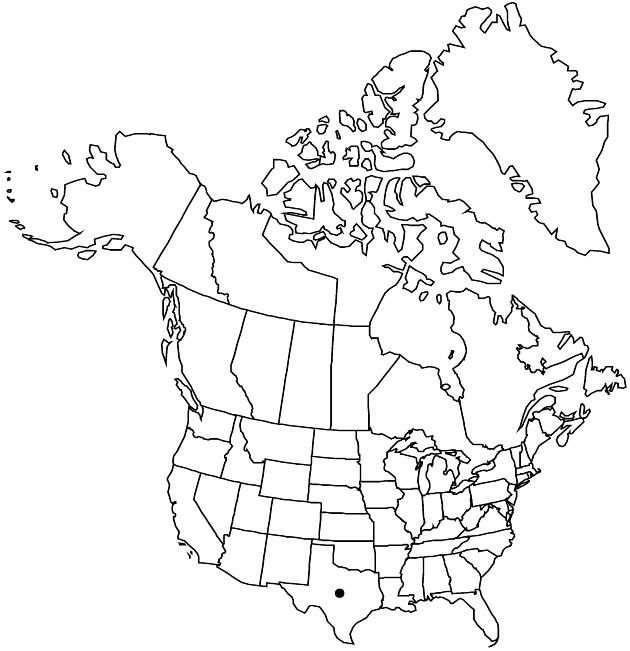Difference between revisions of "Senecio ampullaceus"
Bot. Mag. 63: plate 3478. 1836.
Endemic
Synonyms: Senecio ampullaceus var. floccosus Engelmann & A. Gray Senecio ampullaceus var. glaberrimus Engelmann & A. Gray
FNA>Volume Importer |
imported>Volume Importer |
||
| (One intermediate revision by the same user not shown) | |||
| Line 6: | Line 6: | ||
|place=63: plate 3478. 1836 | |place=63: plate 3478. 1836 | ||
|year=1836 | |year=1836 | ||
| + | }} | ||
| + | |special_status={{Treatment/ID/Special_status | ||
| + | |code=E | ||
| + | |label=Endemic | ||
}} | }} | ||
|basionyms= | |basionyms= | ||
| Line 53: | Line 57: | ||
|publication title=Bot. Mag. | |publication title=Bot. Mag. | ||
|publication year=1836 | |publication year=1836 | ||
| − | |special status= | + | |special status=Endemic |
| − | |source xml=https:// | + | |source xml=https://bitbucket.org/aafc-mbb/fna-data-curation/src/2e0870ddd59836b60bcf96646a41e87ea5a5943a/coarse_grained_fna_xml/V19-20-21/V20_1248.xml |
|tribe=Asteraceae tribe Senecioneae | |tribe=Asteraceae tribe Senecioneae | ||
|genus=Senecio | |genus=Senecio | ||
Latest revision as of 19:59, 5 November 2020
Annuals, (10–)20–80 cm (roots relatively thin, branching). Herbage loosely arachno-tomentose, unevenly glabrate or glabrescent. Stems single. Leaves progressively reduced distally; petiolate (petioles broadly winged); blades ovate-lanceolate, 3–8(–10) × (1–)1.5–3(–4) cm, bases tapered or ± truncate, margins dentate to subentire (mid leaves subsessile, lanceolate; distal subulate, bractlike). Heads (1–)10–30 in corymbiform arrays. Calyculi of 2–8 bractlets (1–2+ mm). Phyllaries ± 13, (6–)7–10 mm, tips green to grayish. Ray florets ± 8; corolla laminae 8–15 mm. Cypselae hirtellous.
Phenology: Flowering early–mid spring.
Habitat: Open sandy or disturbed sites
Elevation: 100–800 m
Discussion
Senecio ampullaceus has been reported for Arkansas and Missouri (St. Louis). It is similar to S. quaylei.
Selected References
None.
Lower Taxa
None.
